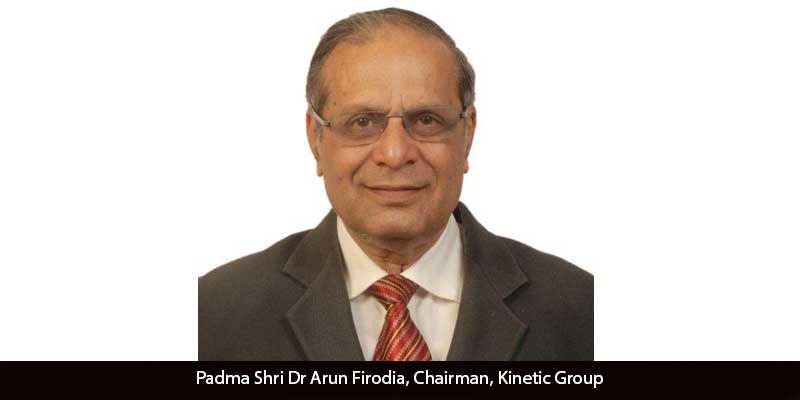Schedule a Call Back
Toyota Kirloskar Motor advocates diverse green technologies to reduce fossil fuel dependence in India
 Industry News
Industry News- Sep 07,23
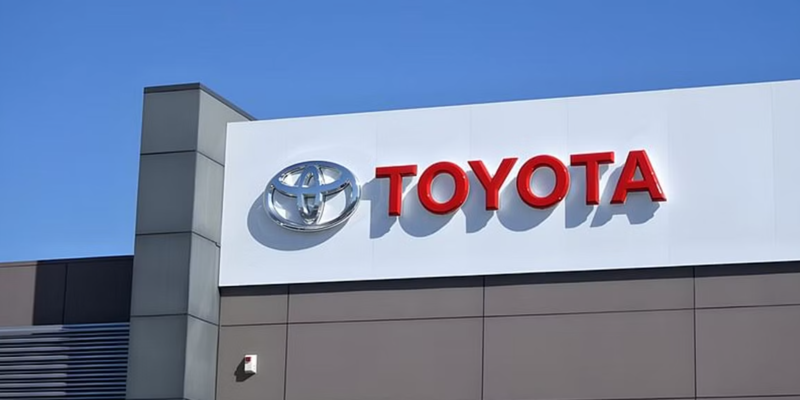
Related Stories

Robotics promises big productivity gains in auto industry: GlobalData
In a dynamic era of technological advancement, the automotive industry stands at the precipice of a revolution driven by robotics, as per GlobalData’s new research report, “Robotics in Automotiv..
Read more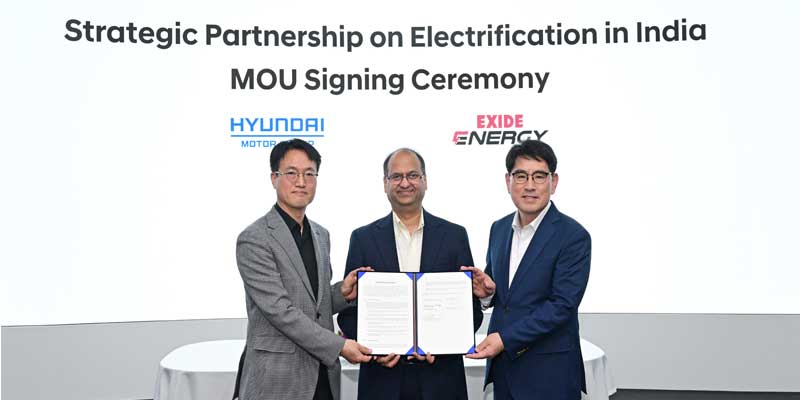
Hyundai Motor and Kia partner with Exide Energy for EV battery localization
Partnership with Exide Energy enables Hyundai Motor and Kia to equip future electric vehicles in the Indian market with locally produced lithium iron phosphate (LFP) batteries
Read more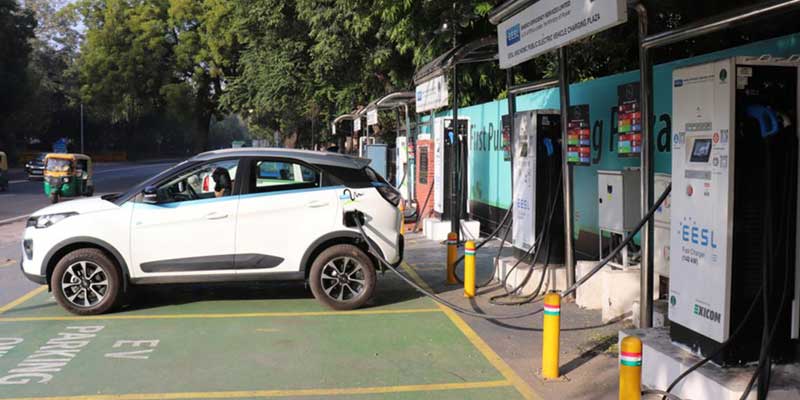
Electric vehicle sales in India zoom
Backed by supportive government policy and low running costs, sales of electric vehicle (EV) grew across all segments in India in 2023, says Bloomberg New Economy Forum report.
Read moreRelated Products
Tata Motors unveils facilities for development of Hydrogen propulsion tech
Tata Motors, India?s largest automobile company, unveiled two state-of-the-art & new-age R&D facilities for meeting its mission of offering sustainable mobility solutions. The unveilings constitute of Read more
Tata Motors plans petrol powertrain for Harrier and Safari SUVs
Tata Motors is in the process of developing a new petrol powertrain for its premium sports utility vehicles, the Harrier and Safari, as confirmed by a senior company official. Currently, these models Read more
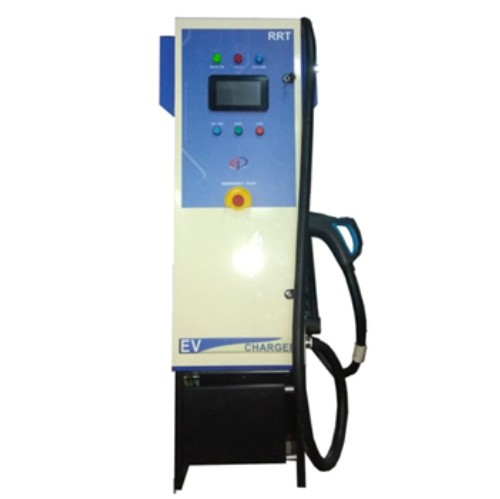
Electric Vehicle Charger
RRT Electro is engaged in manufacturing of customized Power Electronic Products over two decades having capability to Design, Develop, Prototyping, Regulatory Compliance testing & Certification, Manuf Read more






